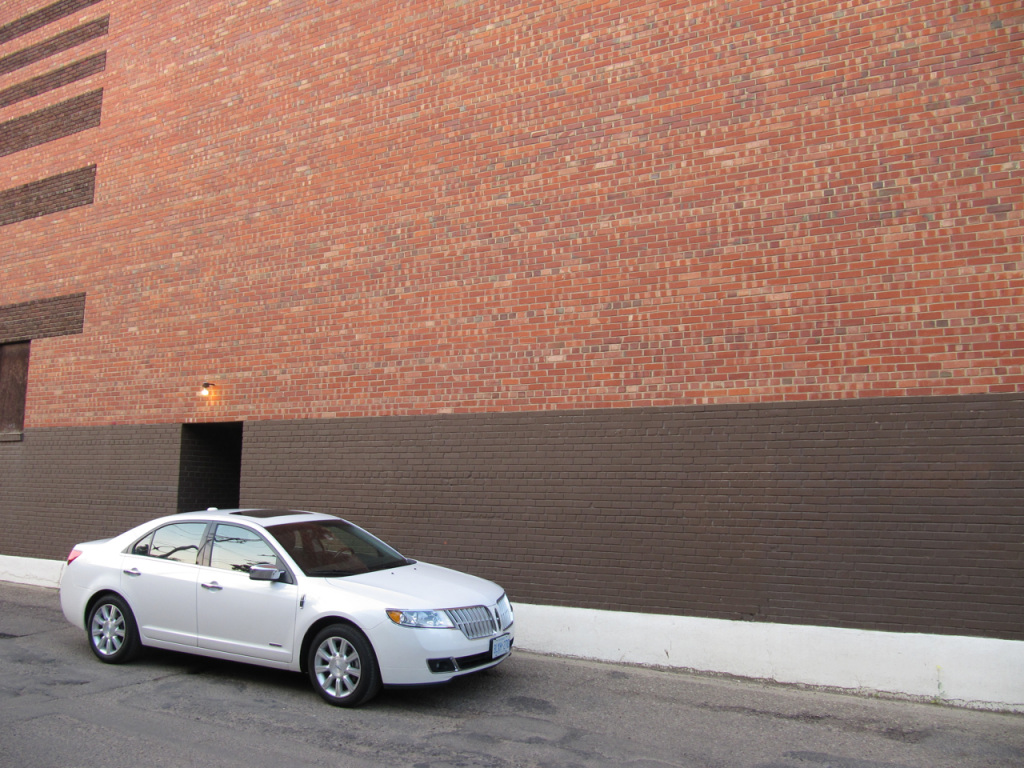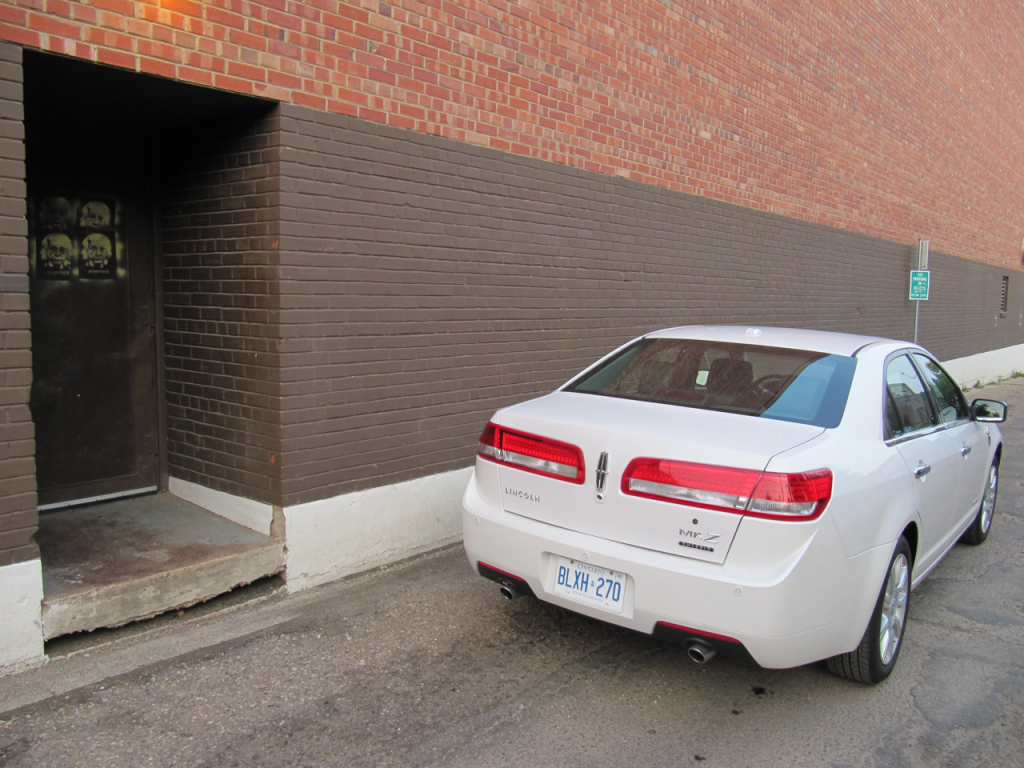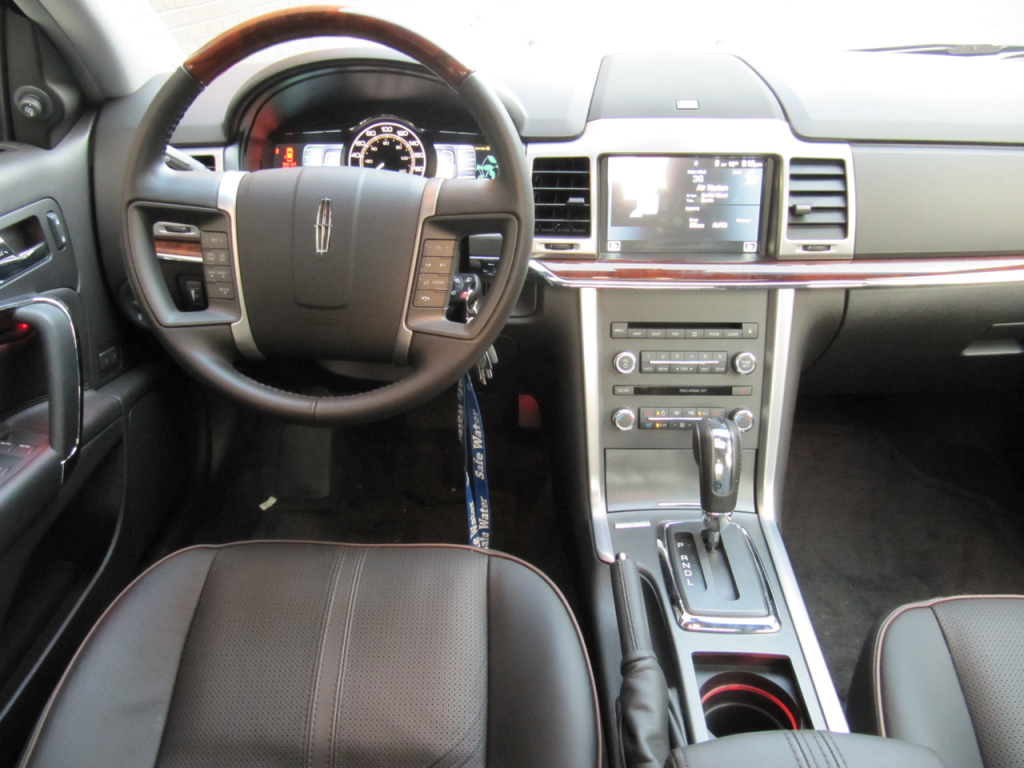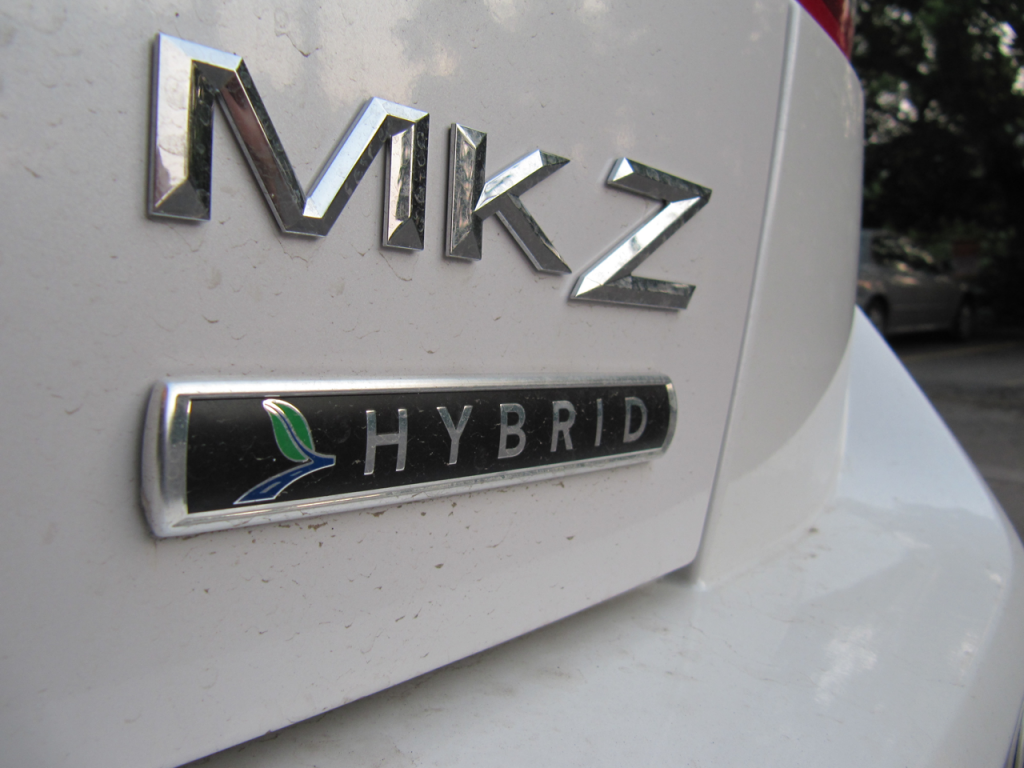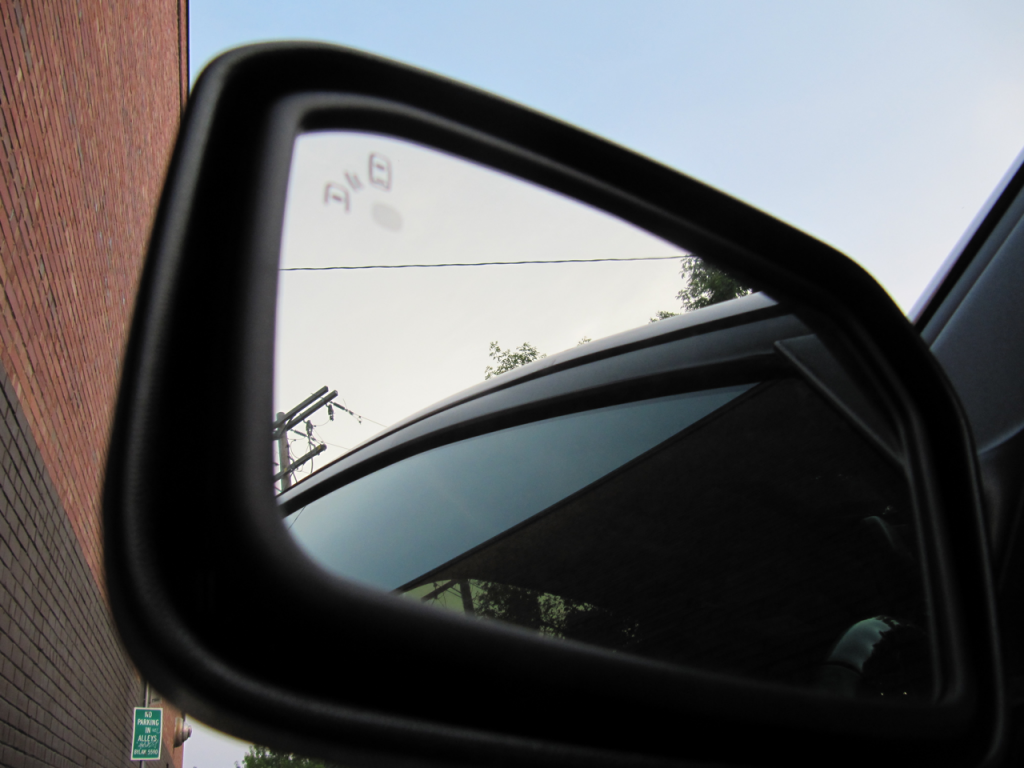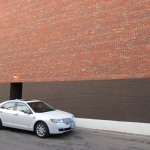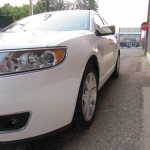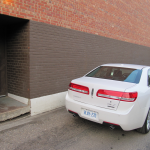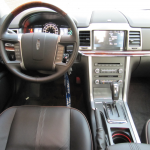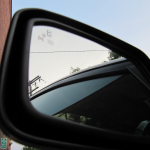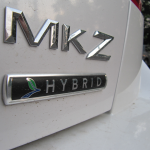by CarEnvy.ca
Car enthusiasts, at least people who like to call themselves such, don’t much care for hybrids. The whole concept of prioritizing fuel economy is so contrary to The V8 Wagon Doctrine that the Prius is frequently and unimaginatively scapegoated and fear mongered into the petrolhead equivalent of Mao Zedong. Fear the purge of all that is culture!
But what is culture? It might be the foundation and history of motoring, frequently littered with heroes and icons, or it might be an idea – that idea being emancipation from fixed location. It’s a powerful idea, a liberating one. It’s the kind of idea that people fight for because it so completely captures the human imagination.
So is that what’s really feared? Not a battery-based technology to improve fuel economy, but the loss of our freedom? Quite possibly. Fear is an intoxicating emotion. One of the most obvious case studies of this is George W. Bush’s “weapons of mass destruction” argument. The Former President took his nation to war based on pure dread of the unknown.
Similarly, enthusiasts of “all” that is motoring (except batteries, of course), have blindly shunned hybrids, and by extension, 100% electric vehicles.
And yet, the vocal minority has done little to ebb the persistent tide of change. Over the next decade, the North American market can expect to be offered a hybrid version of nearly every new vehicle, such is the pressure for increased fuel economy. This pressure comes not only from penny-pinching consumers, but politically motivated government officials as well. The twin pronged blitzkrieg wants more litres per hundred kilometres and more miles per gallon, even if the rating system is easily gamed by cunning manufacturers. Did you know that in Canada, manufacturers get to submit their own mileage claims that go on the window sticker? Consider yourself educated.
Hybrid technology, where a gas-powered engine is mated to an electric drivetrain, is one of the easier ways to game the system. Not that real-world results aren’t achieved with this bit of tech, but rarely to the level expected. There’s also the matter of savings in fuel being offset by expenditures in producing the batteries. But I’m sure that you already know more about that debate that I do.
Hybrids are here to stay, so you’d better shake hands, play nicely, and figure out how to start lobbying for performance oriented hybrids. In the meantime, let’s look at an example of Ford’s first generation hybrid technology, implemented by using a Sanyo battery, a CVT, and an Atkinson Cycle 2.5L engine.
First experiences are formative and indelible. First love, first job, etc. The Lincoln MKZ Hybrid, a pricier and plusher take on the Ford Fusion Hybrid that has garnered oh so many accolades, was to be my first hybrid experience and my first opportunity to forge my own driver-based opinion on the polarizing technology.
I’ll admit that it’s a bit confusing at first. Remove key from pocket, unlock door, open door, sit down, close door, key into ignition, clockwise twist… and… nothing. Strangely, the radio seemed to be working. Until it dawned on me that in bold green letters on the left side of the dash, the car was telling me that it’s Ready To Drive. It was in EV mode and awaiting instructions from its airheaded driver. Alrighty then, let’s not waste any more time. Slot the gearlever into reverse and off we went like a shadowed phantom, but not that fruity singing one with half a face, just the electric kind.
The all-electric mode is (don’t punch me) actually fun. I won’t speak for all hybrids, but when this one is driven as it was intended, to achieve maximum fuel economy, there’s genuine pleasure to be found. It’s tranquil, surreal, and a neat party trick. Necks swivel when a large American sedan trundles along with nary a noise. Then there’s the added challenge of trying to eke more and more mileage out of it. It’s addictive in much the way I imagine motorsport to be, and much the way I know golf is.
Driving the Z-based alphabet soup wasn’t quite so convincing when more wholehearted driving was called for. With a fully depressed throttle, 2.5L of displacement was taxed fully and the small battery’s meager output was helpless to share the burden. More refinement was suitably found with a meager flick of the right toe rather than a rowdy stomp, an approach that yielded considerable smoothness.
This smoothness was a result not just of the powertrain, but a suspension tune that proudly knuckled over bumps with the austere authority of the deceased Panther platform. Nevermind the difference in driven wheels, the MKZ fills much of the void in our hearts left by the Panther. A longer wheelbase is the sole missing link.
While the Panther (may it rest in peace) will long be remembered as a noble and durable ride, where it didn’t excel was in fuel economy – an unavoidable V8 trait. The MKZ Hybrid can be coaxed into sub-6L/100km trips, which is just ludicrous performance. A feathery throttle and utter disregard for trailing drivers is all that’s required, but careful traffic management can minimize the preponderance of middle fingers.
It’s a shame, then, that the exterior is so flat and uninspired. Ford plans to inject $1 Billion into the Lincoln brand over the next few years in a revival effort, but that’s not really enough to compete. Lexus spent 3 or 4 times that to launch itself into the German-dominated foray, and there’s little reason to believe that Ford is capable of doing it properly for cheap. If a billion dollars can really be called “cheap”…
Which all begs the question, who is this for? After much deliberation, it turns out that effectively no one will buy it. The Fusion Hybrid is just as effective, 90% as well appointed, arguably more attractive to more people, and something like $7000 cheaper. But none of this is the Hybrid’s fault, it’s the Fusion’s fault for being so damned competent.
Actually, were it not for Lincoln’s best marketing move in a decade, truly no one would buy it. But, Lincoln is offering the Hybrid for the exact same amount of colourful money as the V6 model. So the MKZ buyer, whatever that strange and wonderful creature looks like, will surely opt to save 3-4L/100km when fuel prices are firmly above $1/L. Surely. Based on my experience, they won’t regret it for a moment.
The MKZ Hybrid confirmed a long-held suspicion of mine that I have something of a soft spot for hybrids. Blame my parents, but environmental conscientiousness runs deep, even though it’s seemingly at odds with my equally crazed obsession with motordom and the motoring industry. It’s my cross of cognitive dissonance to bear, not yours.
The MKZ Hybrid proved itself to be an absolute pleasure in so many ways and it made the idea of fearing hybrids seem like a feature on Nancy Grace. If only it were a wagon with a manual trans, it might receive a warmer welcome by followers of The Doctrine.
Envy Factor: 8/10
[Photo credit: author]

